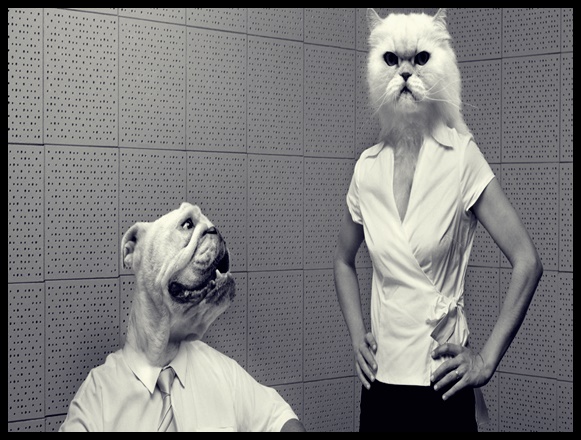While it’s important to remember that individual personalities can vary greatly regardless of whether someone identifies as a “cat person” or a “dog person,” there are some general character traits or preferences often associated with each group. These traits may reflect personal preferences in pet ownership, lifestyle, and even broader personality characteristics. Here’s a breakdown:
Cat People:
Independence: Cat people are often associated with valuing independence, both in themselves and in their pets. Cats are known for their independent nature, and people who prefer cats may appreciate having a pet that can entertain itself and requires less hands-on care compared to dogs.
Introversion: Cat people may be more likely to exhibit introverted tendencies. Cats are typically seen as more low-maintenance pets that can provide companionship without the constant need for attention and interaction that dogs often require. This can appeal to individuals who prefer quieter, more solitary activities.
Appreciation for Sensitivity: Cats are known for their sensitivity and ability to pick up on subtle cues from their owners. Cat people may value sensitivity and emotional intelligence in both themselves and others, appreciating the quiet companionship and intuitive nature of their feline friends.
Adaptability: Cat people may be more adaptable to change and unpredictability. Cats are known for their independent nature and ability to navigate various environments, and people who prefer cats may share this trait, being comfortable with change and uncertainty.
Individualism: Cat people may value individualism and uniqueness, both in themselves and in their pets. Cats are often seen as quirky and idiosyncratic creatures, and their owners may appreciate these same qualities in themselves and others.
Dog People
Sociability: Dog people are often seen as more sociable and outgoing. Dogs are known for their sociable nature and desire for companionship and interaction, and people who prefer dogs may enjoy the social aspect of dog ownership, such as walking their dogs in public spaces or participating in dog-related activities.
Extroversion: Dog people may exhibit more extroverted tendencies. Dogs require more social interaction and stimulation compared to cats, and people who prefer dogs may enjoy being the center of attention and engaging with others in social settings.
Loyalty: Dogs are renowned for their loyalty and devotion to their owners. Dog people may value loyalty and dependability in both themselves and others, appreciating the strong bond and unwavering companionship that dogs provide.
Activity and Adventure: Dog people may be more inclined toward an active and adventurous lifestyle. Dogs require regular exercise and outdoor activity, and people who prefer dogs may enjoy hiking, running, or participating in other outdoor pursuits with their canine companions.
Affection: Dog people may value affection and physical touch. Dogs are known for their affectionate nature and tendency to show love through cuddles, kisses, and physical contact, and people who prefer dogs may appreciate this aspect of their relationship with their pets.
It’s essential to recognize that these are generalizations, and individuals may possess a mix of traits associated with both cat and dog people. Additionally, personal preferences in pet ownership are influenced by a variety of factors beyond personality traits, such as lifestyle, living situation, and past experiences with pets.











